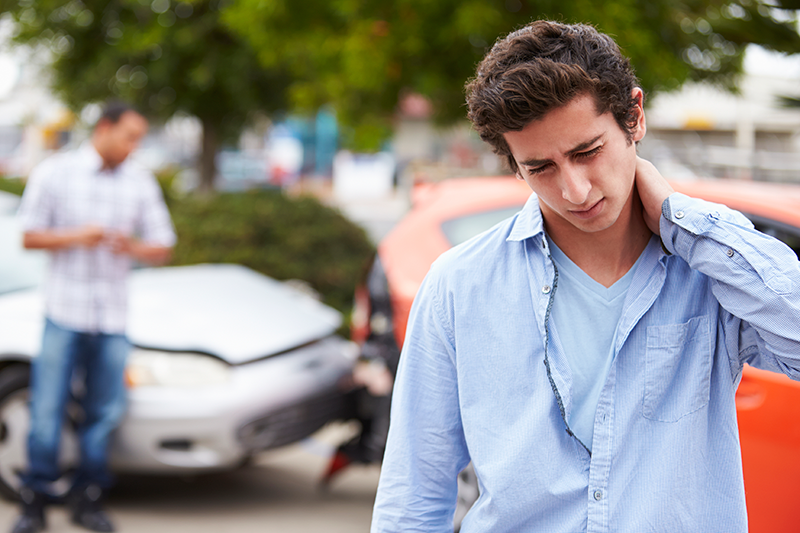
Rear-end collisions account for approximately 40% of all auto accidents in the United States each year, according to the National Highway Traffic Safety Administration. A rear-end collision can happen at any time and can result in serious injuries.
Common Causes of Rear-End Collisions
Though not an all-encompassing list, the following are the most common causes of rear-end collisions:
- Tailgating– When you follow a car too closely, you don’t leave yourself enough time to react if the vehicle ahead of you makes a sudden stop.
- Distracted driving – Even the simplest of distractions, such as talking to other passengers, is enough to take your attention away from the road long enough to cause an accident.
- Hazardous weather– Conditions such as snow, ice, rain, and standing water can hinder your ability to clearly see in front of you, stay in your lane, or stop your car in a timely manner.
- Speed – Driving faster than the maximum speed limit permitted puts you and other drivers sharing the road with you at risk.
- Driving under the influence – While under the influence of drugs or alcohol, drivers may become drowsy, have a poor reaction time, and an inability to judge distance and make sound decisions.
Injuries Sustained in Rear-End Collisions
Due to the nature of rear-end collisions, whiplash and spine injuries are among the most common injuries we tend to see in these accidents, affecting approximately 20 percent of those involved in these accidents.
The extent of injuries and damage can range from mild to severe, varying from case to case. Other common injuries we tend to see include but are not limited to:
- Seatbelt injuries
- Back injuries
- Facial disfigurement
- Head injuries
- Broken and bruised bones
- Brain injury
- Paralysis
Injuries sustained in a rear-end collision aren’t always immediately noticeable, so it is important to seek medical care immediately after being involved in an accident.
Determining Fault
When it comes to rear-end collisions, fault is typically easier to determine than it is in other auto accidents. According to general rules of the road, drivers have an obligation to leave enough space between themselves and the vehicle in front of them in order to avoid the possibility of collision if an unexpected stop occurs. Therefore, if someone is rear-ended, it is typically assumed the driver who failed to stop in time is at fault, though some exceptions may apply.
If you have been involved in a rear-end collision, you may require legal services to protect your rights. To find a highly experienced auto accident lawyer in your area, please review our pre-qualified accident attorneys here.















